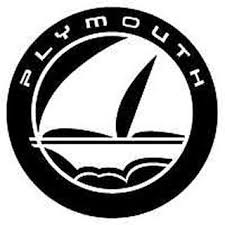Prowler V6-3.5L VIN G (1999)

Tires: Service and Repair
Tire Inflation Pressures
WARNING: Over or under inflated tires can affect vehicle handling. The tire can fail suddenly, resulting in loss of vehicle control.
NORMAL DRIVING
Under inflation causes rapid shoulder wear, tire flexing, and can result in tire failure.
Over inflation causes rapid center wear and loss of the tire's ability to cushion shocks from road surface irregularities.
Improper inflation can cause:
-
Uneven wear patterns
-
Reduced tread life
-
Reduced fuel economy
-
Unsatisfactory ride
-
The vehicle to drift
For proper tire pressure specification refer to the Tire Inflation Pressure Chart Placard provided with the vehicle.
Tire pressures have been chosen to provide safe operation, vehicle stability, and a smooth ride. Tire pressure should be checked cold once per
month. Check tire pressure more frequently when the weather temperature varies widely. Tire pressure will decrease when the outdoor temperature
drops.
Inflation pressures specified on the placard is always the cold inflation pressure of the tire. Cold inflation pressure is obtained if the vehicle has not
been operated for at least 3 hours, or if the vehicle is driven less than one mile after being inoperative for 3 hours. Tire inflation pressures may
increase from 2 to 6 pounds per square inch (psi) during operation. Do not reduce this normal pressure build-up.
HIGH SPEED DRIVING
Chrysler Corporation advocates driving this vehicle at safe speeds and within the posted speed limits. Where speed limits allow the vehicle to be
driven at high speeds, the correct tire inflation pressure is very important.
